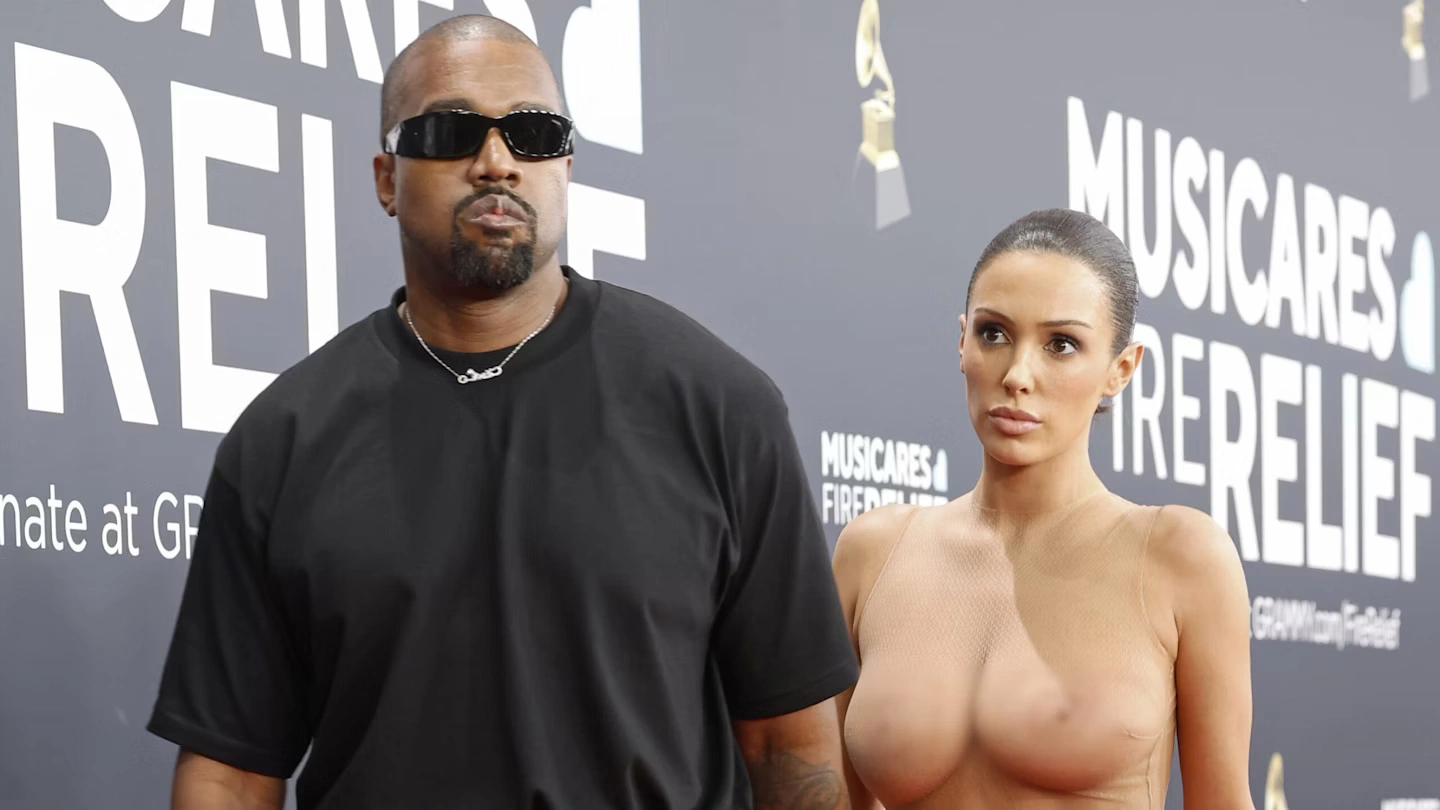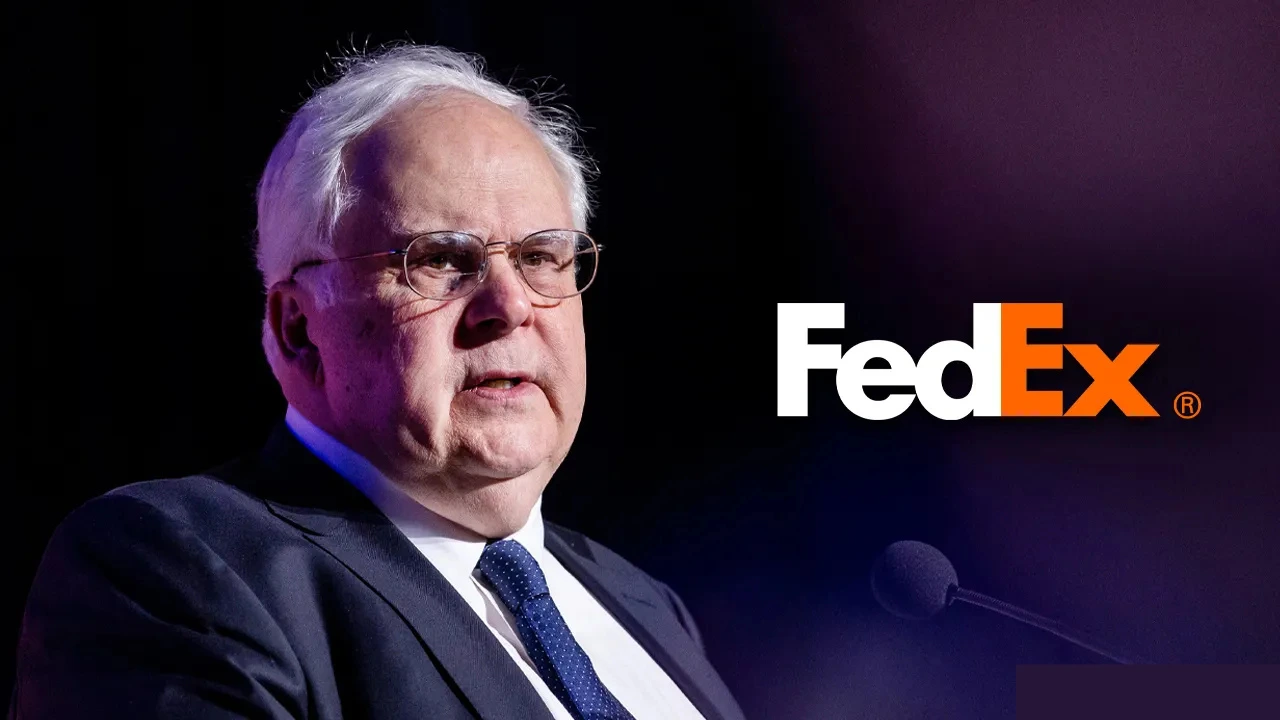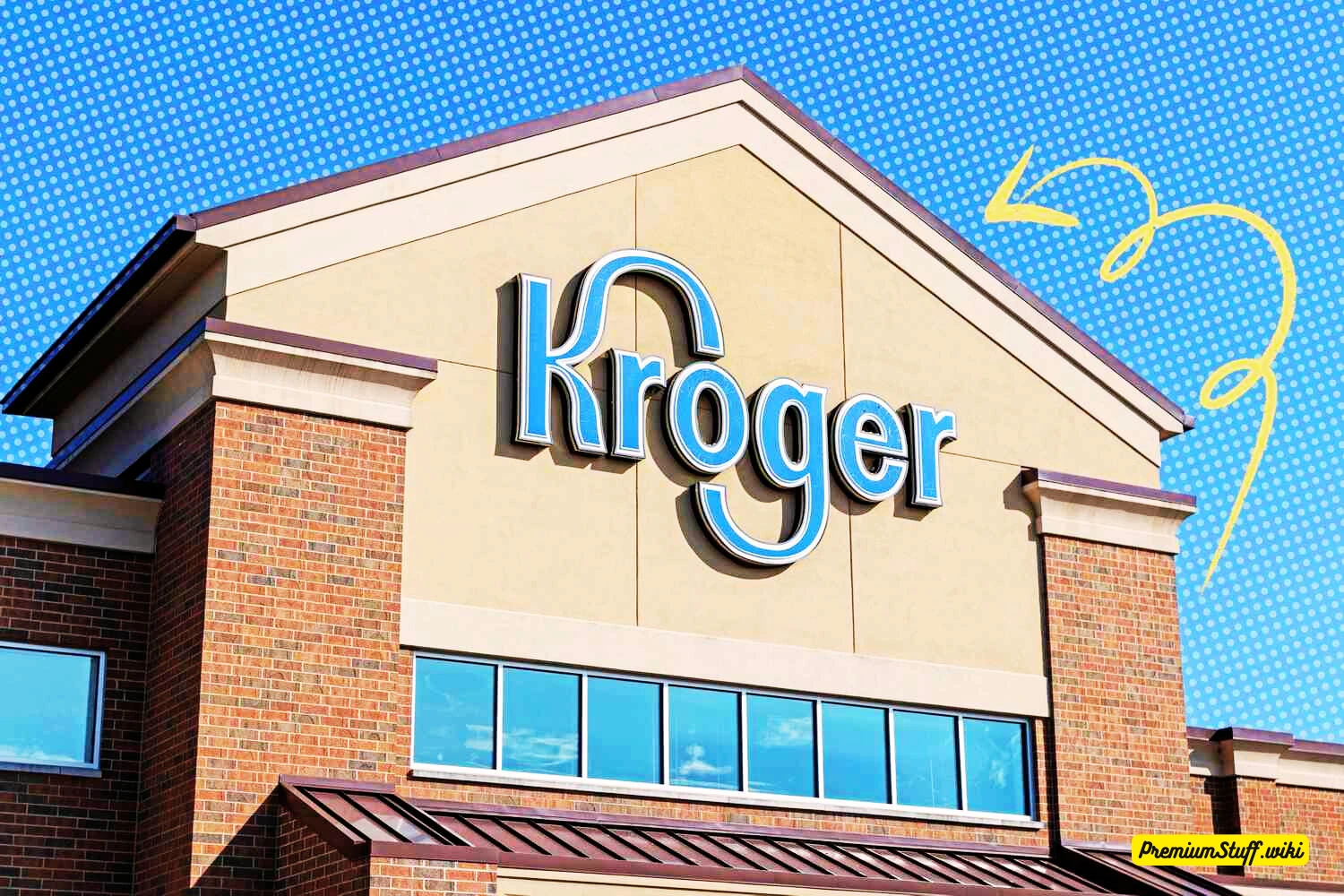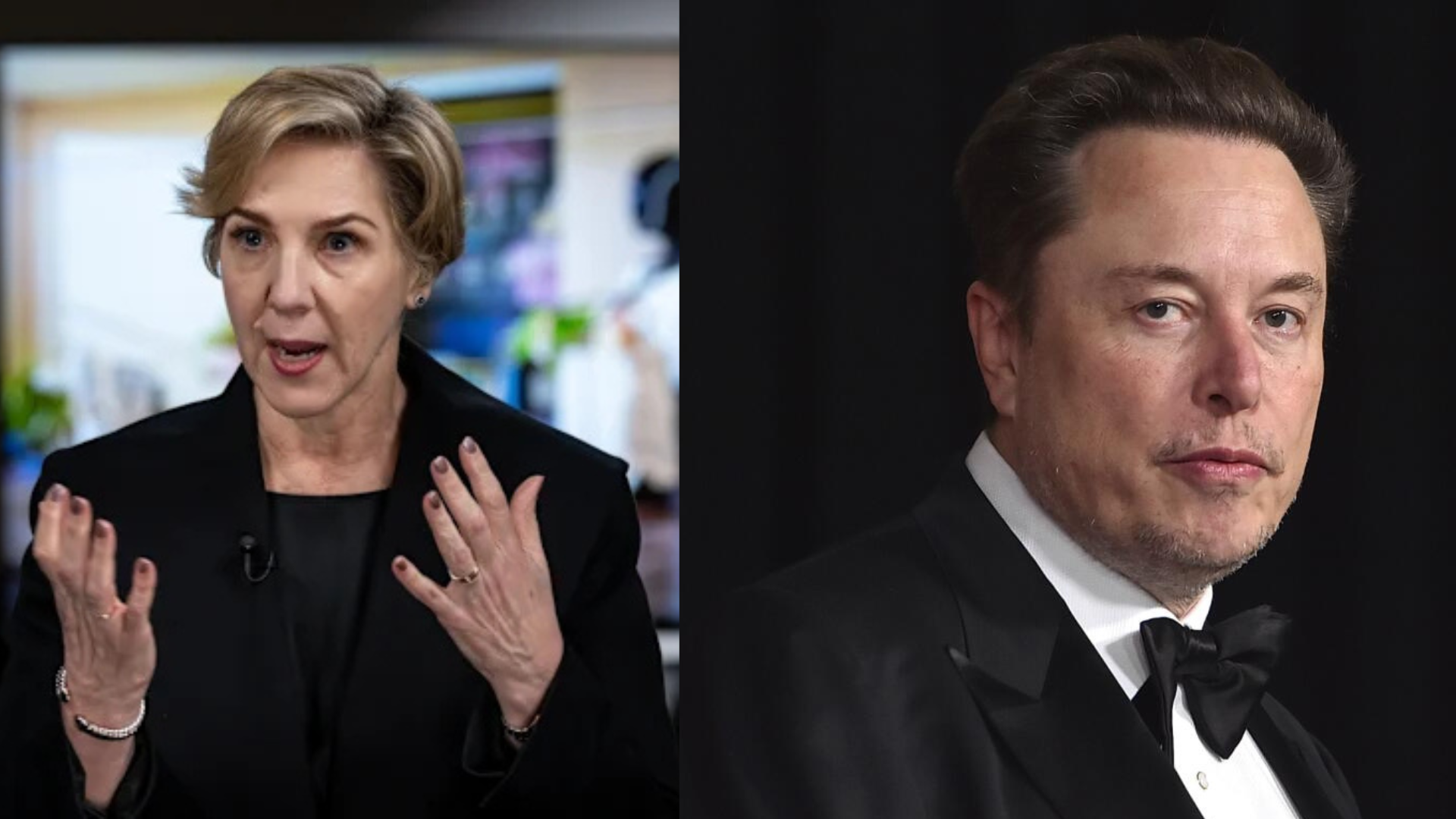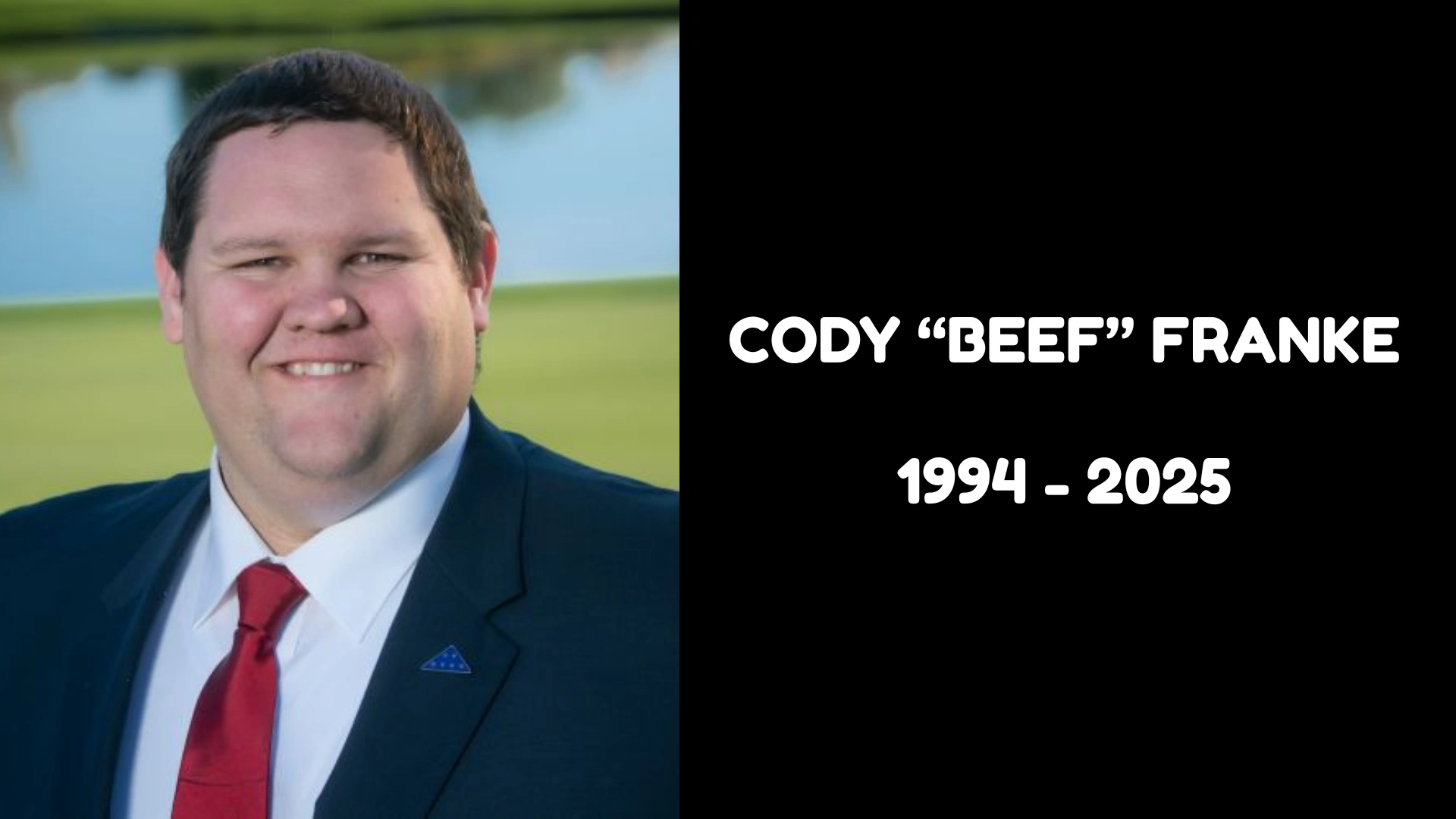NFL Splits Top Job After Rolapp Exit
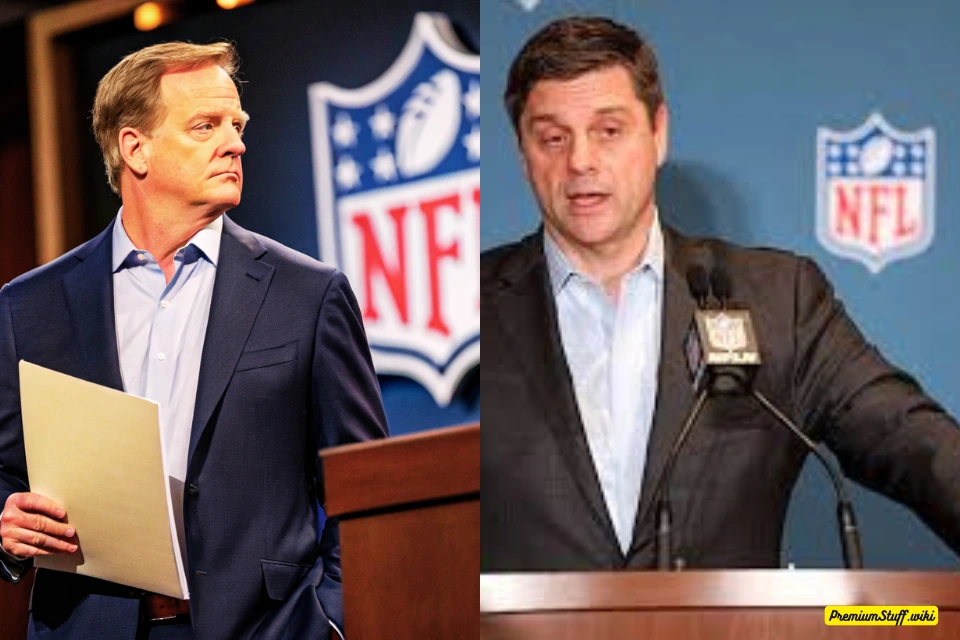
NEW YORK — In a move that surprised sports business insiders, NFL Commissioner Roger Goodell won’t name a direct replacement for departing media and business chief Brian Rolapp. Instead, the league is dividing Rolapp’s powerhouse role among three trusted executives – a reorganization signaling confidence in its existing leadership bench during turbulent times for sports media.
Rolapp, the architect behind the NFL’s $120 billion media empire, stunned the industry last month by jumping ship to become CEO of the struggling PGA Tour. For over a decade, he’d been Goodell’s right-hand man on everything from Amazon’s “Thursday Night Football” deal to the league’s secretive investment arm, 32 Equity. Many expected a fierce external search for his successor.
But behind closed doors at 345 Park Avenue, Goodell opted for continuity. “This isn’t about filling one pair of shoes,” a league insider explained. “Brian’s role grew into three jobs disguised as one. Roger’s playing chess here – distributing responsibilities to people who already know the plays.”
Here’s who gains ground:
- Hans Schroeder, the low-key negotiator behind the NFL’s streaming revolution, takes full control of media rights – the league’s financial engine. He’ll handle tense talks with partners like ESPN and Amazon, including a critical opt-out clause looming in 2029. Schroeder’s calm demeanor masks a fierce reputation: “He’s the guy who convinced Amazon to pay $1 billion annually before they knew if streaming football would work,” chuckled one network executive.
- Renie Anderson, the league’s revenue powerhouse, expands her territory. She’ll now oversee sponsorships (from Nike to Pepsi), consumer products, and all advertising sales across NFL Media. Colleagues describe the 20-year veteran as “relentless” – the executive who turned NFL TikTok into a revenue stream while older leagues struggled.
- Dhruv Prasad and David Jurenka get bigger stages. Prasad, a strategic thinker, inherits 32 Equity’s portfolio – including stakes in DraftKings and Fanatics. Jurenka, a creative force, takes full reins of NFL Films and the league’s production arm, where his team just greenlit a Taylor Swift-themed documentary.
The shuffle reveals Goodell’s leadership philosophy. “Roger hates vacuums,” observed sports consultant Marc Ganis. “He’s elevating proven talent rather than gambling on an outsider during massive media disruption. Think of it like a head coach adjusting positions instead of trading for a star.”
Rolapp’s shadow remains long. He pushed the league into streaming when traditional networks scoffed, structured the YouTube Sunday Ticket deal, and turned the NFL Draft into a primetime spectacle. His exit leaves unfinished business, including the upcoming 2029 media renegotiation that could reshape sports broadcasting.
For Anderson, the promotion feels personal. “Brian taught me this business isn’t about deals – it’s about anticipating what fans want next,” she shared quietly after the announcement. Her first move? Exploring how artificial intelligence could personalize game broadcasts – allowing fans to choose camera angles or listen to quarterback mic’d audio live.
As for Rolapp, he starts his PGA Tour rescue mission next week. “The NFL machine won’t skip a beat,” he told reporters outside league headquarters, carrying a box of memorabilia. “My advice to the team? Keep experimenting. If you’re not making some traditional partners uncomfortable, you’re not innovating.”
With Goodell expected to extend his contract through 2030, the restructured front office now faces a changing game. As one team owner put it: “The pressure’s on. Brian made $13 billion look easy. Now three brilliant people have to prove they can grow it.”


